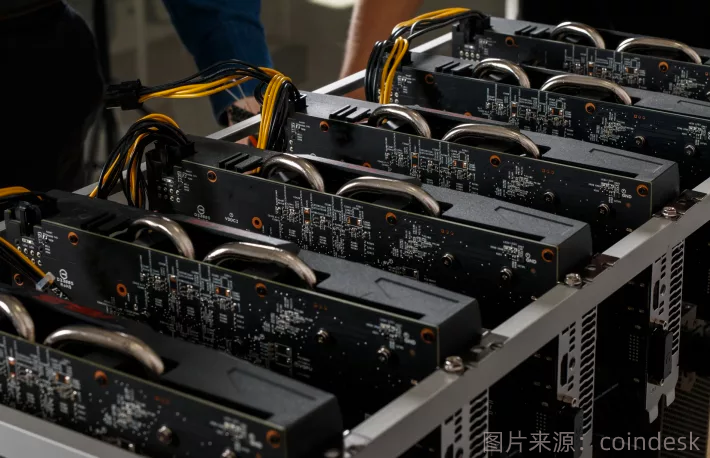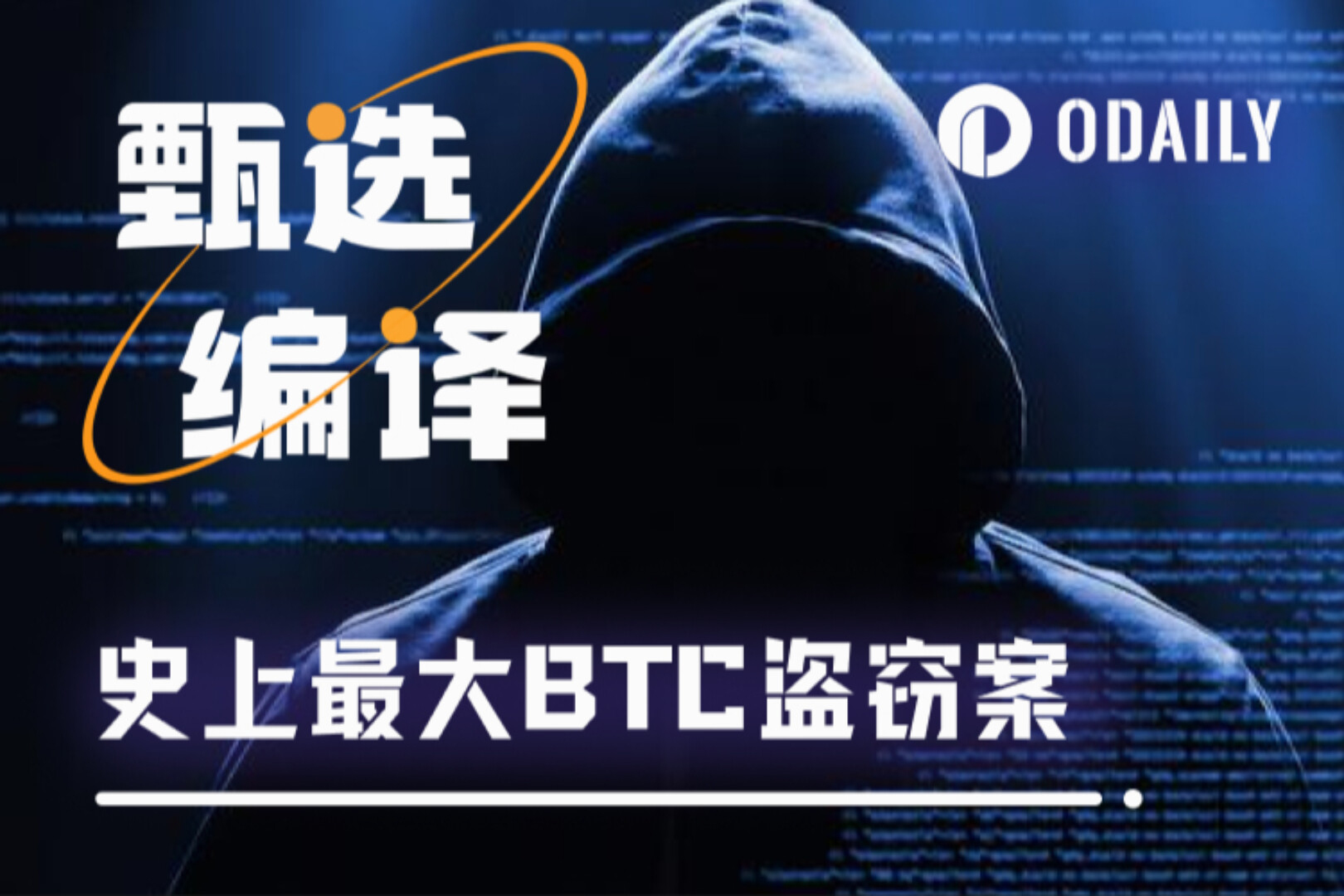 According to a CoinDesk report on January 22, 8 Ethereum mining pools (accounting for about 30% of the total network computing power) and Flexpool stood in the same camp and opposed the improvement proposal proposed by Ethereum developers - EIP1559.
According to a CoinDesk report on January 22, 8 Ethereum mining pools (accounting for about 30% of the total network computing power) and Flexpool stood in the same camp and opposed the improvement proposal proposed by Ethereum developers - EIP1559.
Ethereum miners have also formed various alliances to prevent the controversial proposal from being implemented.
The core controversy that caused this confrontation is that miners believe that the design of EIP1559 unfairly cutting transaction fees will cause them to suffer losses, which touches their bottom line.
first level title
text
The previous income of Ethereum miners mainly consisted of two parts: new block rewards + transaction fees.
The transaction fee is the measurement and pricing of resource consumption by the Ethereum network. There are proper nouns in Ethereum, called gasUsed and gasPrice of a certain transaction.
The former reflects the amount of resources consumed by this transaction in the virtual world computer of Ethereum (such as how much CPU time), and the latter reflects the unit price of resources consumed by this transaction (such as how much ETH is worth per unit of CPU time). currency).
Using driving as an analogy, for example, if you go on a trip and consume 20 liters of fuel during the process, the current oil price is 6 yuan per liter, which is equivalent to the fuel cost of your trip (20 liters * 6 yuan per liter = 120 yuan). Similarly, the calculation formula for the handling fee of an Ethereum transaction is:Transaction fee Fee (unit: Ether) = process gasUsed * current gas price gasPrice.
gasPrice is set by the transaction creator. In reality, all transactions are ultimately selected by miners, so the transaction fee set by the creator will affect the order in which miners pack. In order to complete transactions faster, transaction creators will set higher fees to motivate miners.
gasUsed is generally only a rough estimate, so many users will overpay for gas to ensure their transactions will be accepted.
This mechanism of auction-style payment of gas fees will greatly increase the income of miners in some extreme situations. The monthly transaction fees of miners account for up to 53.4% of the total income.
But for traders, this auction-style gas payment mechanism is extremely inefficient and leads to overpayment of the total price of validators, increasing their costs.
In order to improve the user experience, Vitalik and the core developers of Ethereum put forward the EIP1559 improvement proposal in April 2019. In the proposal, the mechanism of the base fee (Basefee) can solve these problems.
In the EIP1559 proposal, the transaction fee paid by the trader will be split into two parts: basic fee + miner fee. The base fee will be destroyed and will no longer be paid to miners.
For example, in a transaction, the miner can get 1.19104 ETH as the transaction fee. Now the transaction fee may be split into 0.19104ETH base fee + 1ETH miner fee, of which 0.19104ETH base fee will be destroyed by the network. Miners can only get 1ETH.
According to the current currency price ($1293.95), miners will lose $247 in this transaction, which is equivalent to a loss of $4.6 per G computing power.
first level title
text
The destruction of ETH mainly has the following two functions:
1. Provide a deflationary mechanism for the supply of Ethereum, which can increase the scarcity and long-term security of Ethereum;
2. Benefit all Ethereum holders, not just verification nodes.
Unlike Bitcoin, Ethereum is infinitely issued, which means there is a risk of inflation. When the supply of Ethereum in the market reaches a certain amount, its price will decrease, which is very unfavorable for ETH holders.
first level title
What is the current status of support and opposition to EIP1559?
According to Twitter data, about 400 miners joined the Flexpool camp, accounting for about 30% of the total network computing power, to prevent the advancement of the EIP-1559 proposal.
CoinDesk investigated the attitudes of the three major mining pools - BitFly, F2Pool and Sparkpool towards EIP1559:
BitFly: No. It reiterated its stance on Twitter, saying the EIP could put "the future of Ethereum at risk."
F2Pool: Support. The pool also operates an Eth 2.0 staking service, Stakefish.
SparkPool: The attitude is unclear. In June last year, its founder Xu Xin said in June that "a better charging model design is needed" and that the pool "supports EIP1559 for a long time".
But SparkPool employees said, “Obviously, we have been against EIP1559.” The official Twitter chat of the mining pool also posted an article against EIP1559 on January 20.
Although some mining pools and miners objected, the developers continued to work on the update.
For Ethereum developers, EIP1559 is a change to make the Ethereum ecosystem healthier and achieve considerable development, and it is "the last piece of the puzzle to solve Ethereum's monetary policy." They strongly support EIP1559 and may be added to the Ethereum codebase after the Berlin hard fork in February/March this year.
Ethereum mining is now a very large-scale industry. Many companies have invested in the research and development of Ethereum mining equipment, and many miners have invested in equipment. If this proposal completely subverts the expectations of these beneficiaries, I believe that Ethereum developers will not completely ignore it. Then the final result of this confrontation is more likely to be that miners and Ethereum developers make concessions.
OKKONG Content Team
Edit: Vatican XVI
Produced:OKKONG Content Team



